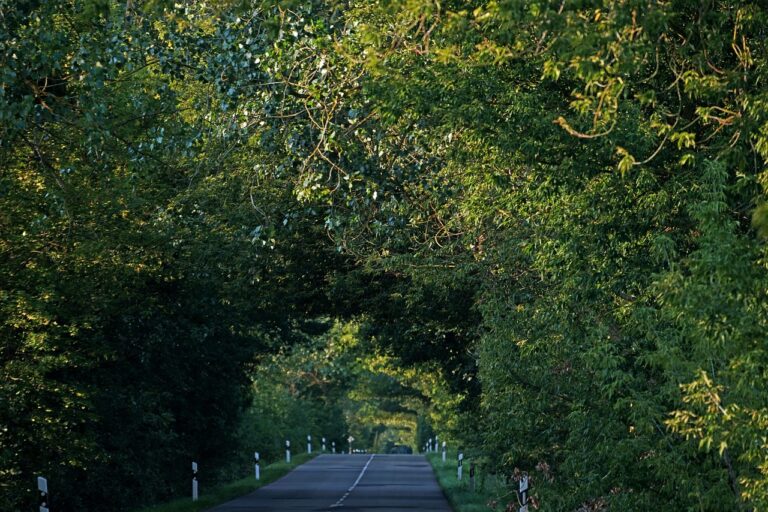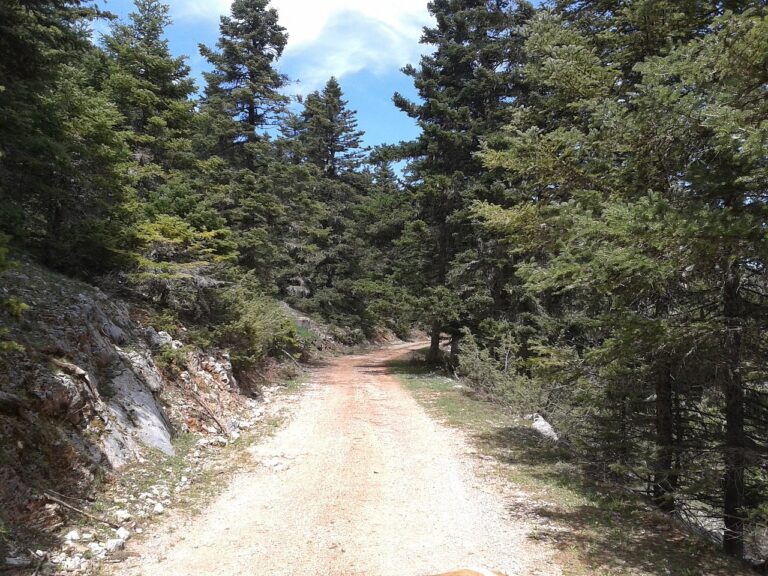The allure of wildlife rehabilitation centers: volunteering to care for injured and orphaned animals
Wildlife rehabilitation centers play a crucial role in caring for injured and orphaned animals, providing them with a safe haven where they can recover and thrive. Volunteering at these centers offers a unique opportunity to make a real difference in the lives of these creatures, while also gaining valuable skills and knowledge about wildlife conservation. In this article, we will explore the allure of wildlife rehabilitation centers and the rewards of volunteering to care for injured and orphaned animals.
The Importance of Wildlife Rehabilitation Centers
Wildlife rehabilitation centers are essential for providing medical treatment, food, and shelter to animals that have been injured, orphaned, or otherwise in need of help. Without these centers, many wild animals would not survive on their own in the wild. Staffed by dedicated professionals and volunteers, these centers work tirelessly to care for animals in distress and release them back into their natural habitats when they are ready.
Volunteering at Wildlife Rehabilitation Centers
Volunteering at a wildlife rehabilitation center is a rewarding experience that allows you to work closely with a variety of wild animals, including birds, mammals, reptiles, and more. As a volunteer, you may be responsible for feeding animals, cleaning cages, administering medication, and helping with physical therapy and rehabilitation exercises. This hands-on experience can be both challenging and fulfilling, as you witness the progress of animals on their journey to recovery.
The Benefits of Volunteering
Volunteering at a wildlife rehabilitation center offers numerous benefits, both for the animals in need and for the volunteers themselves. By helping to care for injured and orphaned animals, volunteers can make a direct impact on conservation efforts and contribute to the welfare of wildlife populations. In addition, volunteering at a rehabilitation center can provide valuable hands-on experience for those interested in pursuing a career in wildlife biology, veterinary medicine, or animal care.
Challenges of Wildlife Rehabilitation
While volunteering at a wildlife rehabilitation center can be incredibly rewarding, it also comes with its own set of challenges. Working with wild animals requires patience, compassion, and a willingness to put the needs of the animals above your own. Additionally, volunteers may encounter difficult situations, such as animals that are beyond saving or unable to be released back into the wild. Despite these challenges, the rewards of volunteering at a rehabilitation center far outweigh the difficulties.
How to Get Involved
If you are interested in volunteering at a wildlife rehabilitation center, there are several steps you can take to get involved. Start by researching local rehabilitation centers in your area and reaching out to inquire about volunteer opportunities. Many centers offer training programs for new volunteers, providing them with the skills and knowledge they need to work effectively with wild animals. By getting involved in your community, you can make a positive impact on the lives of animals in need.
Conclusion
The allure of wildlife rehabilitation centers lies in the opportunity to make a meaningful difference in the lives of injured and orphaned animals. Volunteering at these centers offers a chance to work closely with a variety of wild species, providing them with care, compassion, and a second chance at life. By dedicating your time and energy to volunteering at a wildlife rehabilitation center, you can help to protect and preserve our precious wildlife for future generations to enjoy.
FAQs
Q: What qualifications do I need to volunteer at a wildlife rehabilitation center?
A: While specific qualifications may vary depending on the center, most places require volunteers to be at least 18 years old and have a genuine interest in wildlife conservation and animal care.
Q: What types of animals will I work with as a volunteer at a wildlife rehabilitation center?
A: Wildlife rehabilitation centers care for a wide range of wild animals, including birds, mammals, reptiles, and amphibians. As a volunteer, you may work with any of these species depending on the center’s needs.
Q: How can I prepare for volunteering at a wildlife rehabilitation center?
A: Before volunteering, it is helpful to do some research on the center’s policies and procedures, as well as familiarize yourself with common wildlife species in your area. Additionally, be prepared to follow strict hygiene protocols and safety guidelines while working with animals.







